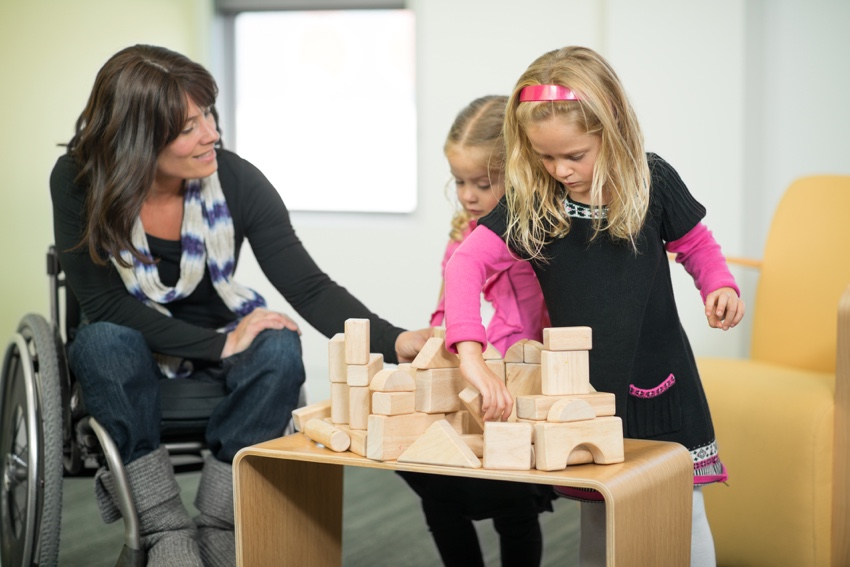Unstructured Play Is the Key to Greatness


Over spring break, I took my kids across the pond to visit their father in London. It was unusually warm there; we had a lovely time both in the city and then in the country for a few days. While we were camping (okay, “glamping”), we had the most incredible time playing outdoors and building forts and taking care of animals and going on long walks. I found myself struck by the incongruity between that existence and the one we have at home—the one with sports practices and homework and studying for tests and Xbox (a beautiful thing, but it’s nice to have a break from it).
It reminded me of a study I’d heard about that showed, on average, children in urban settings in America today have less unstructured time than the average high-security prisoner. Even though I try my best as a parent to guard against the supposed evils of overscheduling, I did feel like my kids were “free.” And it was lovely.
On the plane home, I watched the documentary In Search of Greatness.
While I will say that I highly recommend this documentary about what makes great athletes great (those who know me know I’m a sports movie junkie), it struck me how applicable the lessons in the film are to our work. And when they mentioned that unstructured play research I noted above, I figured it was a sign that I needed to write about this.
In the movie, the filmmakers discuss a study of the World Cup-winning German national soccer team that looked at the development path of the guys who made the national team and the guys who were one rung below. The only big difference that they could come up with between these two groups was that the guys who made the national team had a lot more time in unstructured, small-sized play when they were young—even on a “field” that could have just been an alley—and continued with more unstructured play into the pros. That was the main difference they could find.
Unstructured play was the key.
Unstructured play allowed for a process of self-discovery—to make mistakes, to fail, to learn, to try again, to persist, to be creative, to innovate! That’s the very point of the longest time of day in classrooms using The Creative Curriculum: choice time. There is tremendous power to be found in play!
Unfortunately, many of our systems are designed around conformity, as opposed to being designed for unstructured play, innovation, and individualization.
That’s why, in many (non-Creative Curriculum) classrooms, you will find teachers following a script and applying a one-size-fits-all approach to teaching and learning. The idea and assumption is that, when it comes to coaching and teaching, there’s a formula that you can follow. And if you just get the formula right, you will create greatness. However, in the documentary, the filmmakers make the point that it is much more often the case that people who achieve greatness don’t fit the formula at all—they break the mold, they do something completely different. And it was because those folks developed this flexibility in thinking—they had unstructured play, they were encouraged to innovate—that’s what allowed them to break out.
One of my favorite quotes from the movie is “People have immense, deep talents that are often overlooked by the systems that are meant to educate them or take care of them. It’s like there are natural resources that are much deeper than we realize…The ones we know about are those whose talents came to fruition because the conditions proved to be favorable for them. But how many other people could achieve similar things if the conditions were right? How many more Mozarts or Gretzkys could there be?”
That question is one that we ask teachers using The Creative Curriculum to embrace.
We ask teachers to create an environment where children have opportunities for unstructured play, where children are treated as individuals, and where their strengths are realized and encouraged (when we say we have a “strengths-based assessment,” that’s what we are talking about!). We are asking teachers to lay the foundation for future greatness! That is extraordinary. And definitely something worth working for.